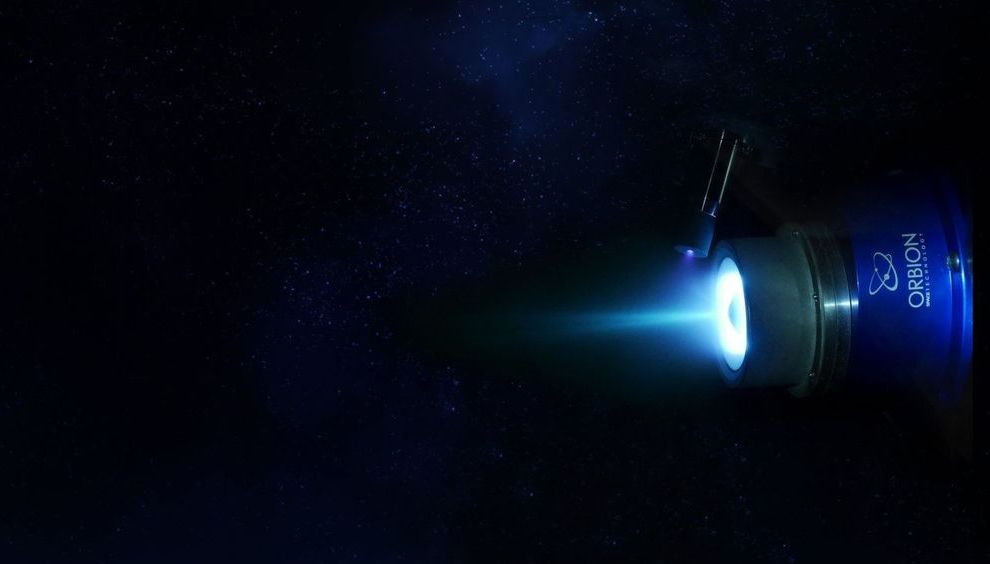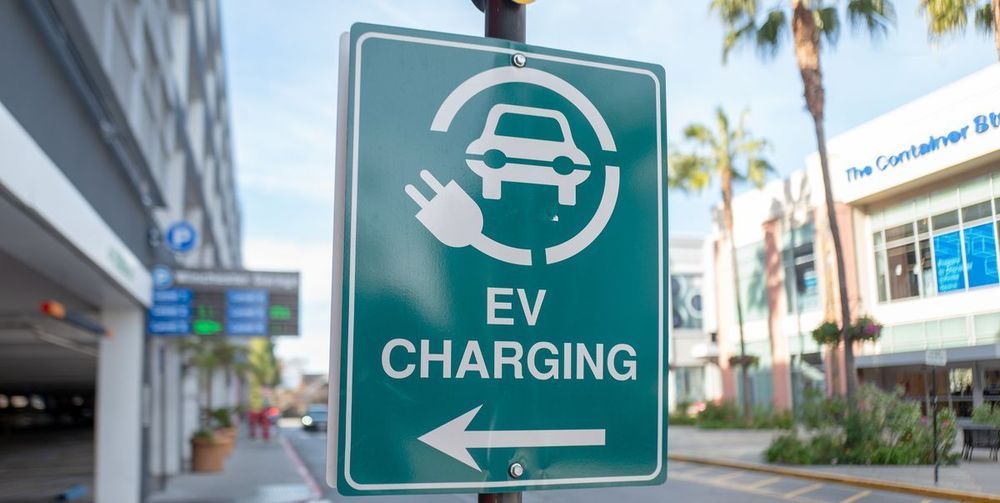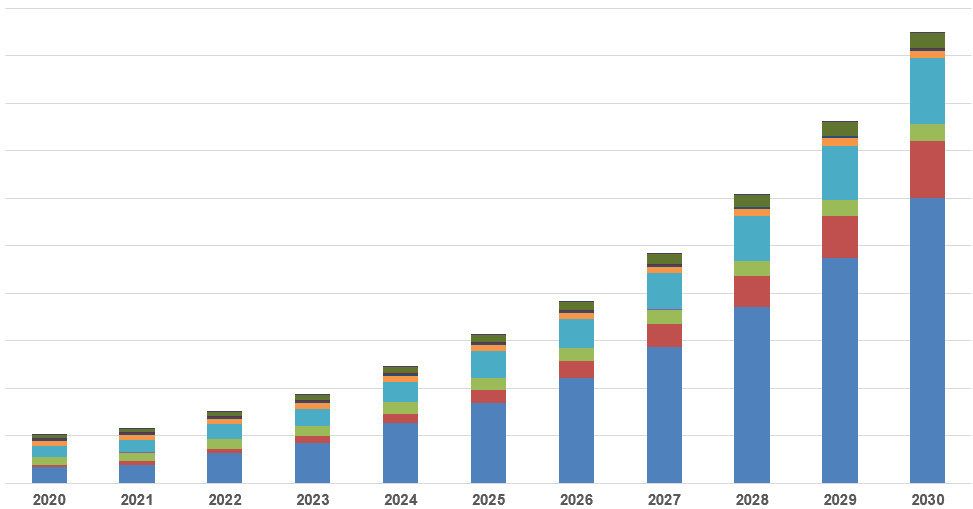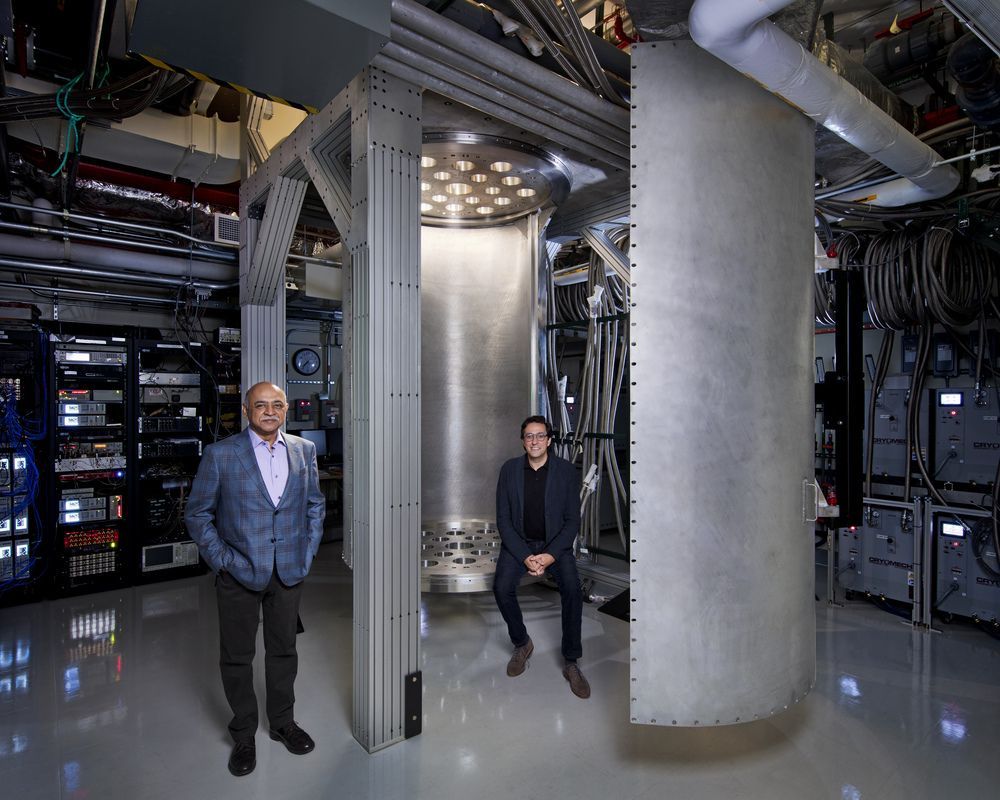The Navy may have been the loudest about its railgun dreams, but the Army is quietly moving ahead with turning the tech into something deployable.
Get the latest international news and world events from around the world.

Twist on CRISPR Gene Editing Treats Adult-Onset Muscular Dystrophy in Mice
Myotonic dystrophy type I is the most common type of adult-onset muscular dystrophy. People with the condition inherit repeated DNA segments that lead to the toxic buildup of repetitive RNA, the messenger that carries a gene’s recipe to the cell’s protein-making machinery. As a result, people born with myotonic dystrophy experience progressive muscle wasting and weakness and a wide variety of other debilitating symptoms.
CRISPR-Cas9 is a technique increasingly used in efforts to correct the genetic (DNA) defects that cause a variety of diseases. A few years ago, University of California San Diego School of Medicine researchers redirected the technique to instead modify RNA in a method they call RNA-targeting Cas9 (RCas9).
In a new study, publishing September 14, 2020 in Nature Biomedical Engineering, the team demonstrates that one dose of RCas9 gene therapy can chew up toxic RNA and almost completely reverse symptoms in a mouse model of myotonic dystrophy.

IBM plans a huge leap in superfast quantum computing by 2023
Tucked in the back of a laboratory at the IBM Research facility less than an hour north of New York City is a hulking mass of stainless steel and aluminum that looks like a sci-fi teleportation machine.
IBM promises a super-powerful quantum computer by decade’s end as it races against Google, Honeywell, and other rivals.


Colliding Neutron Stars Generate Just Small Amounts of Gold, Creating an Astronomical Mystery
Colliding neutron stars were touted as the main source of some of the heaviest elements in the Periodic Table. Now, not so much …
Neutron star collisions do not create the quantity of chemical elements previously assumed, a new analysis of galaxy evolution finds.
The research also reveals that current models can’t explain the amount of gold in the cosmos — creating an astronomical mystery.

Blue Canyon selects Orbion electric thrusters for DARPA’s Blackjack satellites
Orbion is a four-year-old startup in Houghton, Michigan, that specializes in Hall-effect plasma thrusters for small satellites.
WASHINGTON — Small satellite manufacturer Blue Canyon Technologies announced Sept. 15 it selected Orbion Space Technology to supply the electric propulsion system for the U.S. military’s Blackjack constellation.
Blue Canyon is producing four satellites for the Defense Advanced Research Projects Agency’s Blackjack program. DARPA plans to launch as many as 20 small satellites to demonstrate that a mesh network in low Earth orbit can meet military requirements at lower cost and shorter design cycles than traditional Pentagon programs.
DARPA in October 2018 selected Colorado-based Blue Canyon as one of the satellite bus suppliers for Blackjack. The agency in June 2020 awarded the company a $14.1 million contract to manufacture four satellites, with options worth $99 million for up to 20 satellites.

IBM publishes its quantum roadmap, says it will have a 1,000-qubit machine in 2023
IBM today, for the first time, published its road map for the future of its quantum computing hardware. There is a lot to digest here, but the most important news in the short term is that the company believes it is on its way to building a quantum processor with more than 1,000 qubits — and somewhere between 10 and 50 logical qubits — by the end of 2023.
Currently, the company’s quantum processors top out at 65 qubits. It plans to launch a 127-qubit processor next year and a 433-qubit machine in 2022. To get to this point, IBM is also building a completely new dilution refrigerator to house these larger chips, as well as the technology to connect multiple of these units to build a system akin to today’s multi-core architectures in classical chips.

Toyota’s Quick-Charging Solid-State Battery Coming in 2025
The batteries will offer more range in the same size pack, but the automaker still has to solve the technology’s life-span problem.
Toyota has chosen to focus on hybrid and hydrogen fuel-cell vehicles as the cornerstones of its green strategy, but that doesn’t mean the automaker is forgoing an electric vehicle altogether. In addition to an EV crossover coming from the automaker and its partner Subaru in the near future and a lineup of six EVs (some of which are pictured above), which are likely to land in China first, Toyota is currently working on a technological breakthrough that will reach far beyond its use in an EV: the solid-state battery.

Samsung Reveals Breakthrough: Solid-State EV Battery with 500-Mile Range
Researchers perfect a battery that will let electric vehicles charge faster and drive farther while lasting a lot longer, but don’t expect to see it anytime soon.
For years, solid-state batteries have been heralded as the answer to many of the issues surrounding EVs. The battery technology allows for greater energy density, which translates into more range from the same size pack as a lithium-ion battery. The problem has been that the failure rate is far too high after repeated charging. Also, they’re super expensive. But Samsung may have solved the first issue.

Revolutionary Solid-state Batteries Will Create a $6 Billion Market in 2030
BOSTON, July 27, 2020 /PRNewswire/ — Solid-state batteries keep on attracting tremendous attention and investment with the maturing technologies and closeness to mass production. Even with the influence of COVID-19, the potential market size is expected to grow to over $6 billion by 2030, according to IDTechEx’s report “Solid-State and Polymer Batteries 2020–2030: Technology, Patents, Forecasts, Players.”
